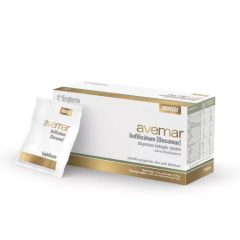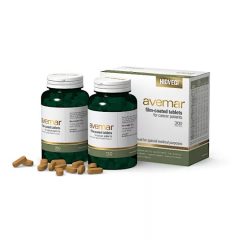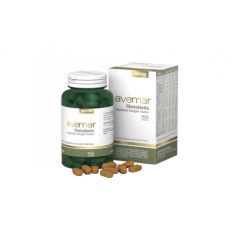How does self-examination help in the early detection of breast cancer?

Self-examination plays a crucial role in the early detection of breast cancer, as it is one of the quickest and easiest ways to notice any unusual changes in the breast. Although self-examination does not replace medical screenings, it serves as an important complementary tool for early detection.

It cannot be said enough, yet we often let slip the importance of breast cancer prevention and self-examination.
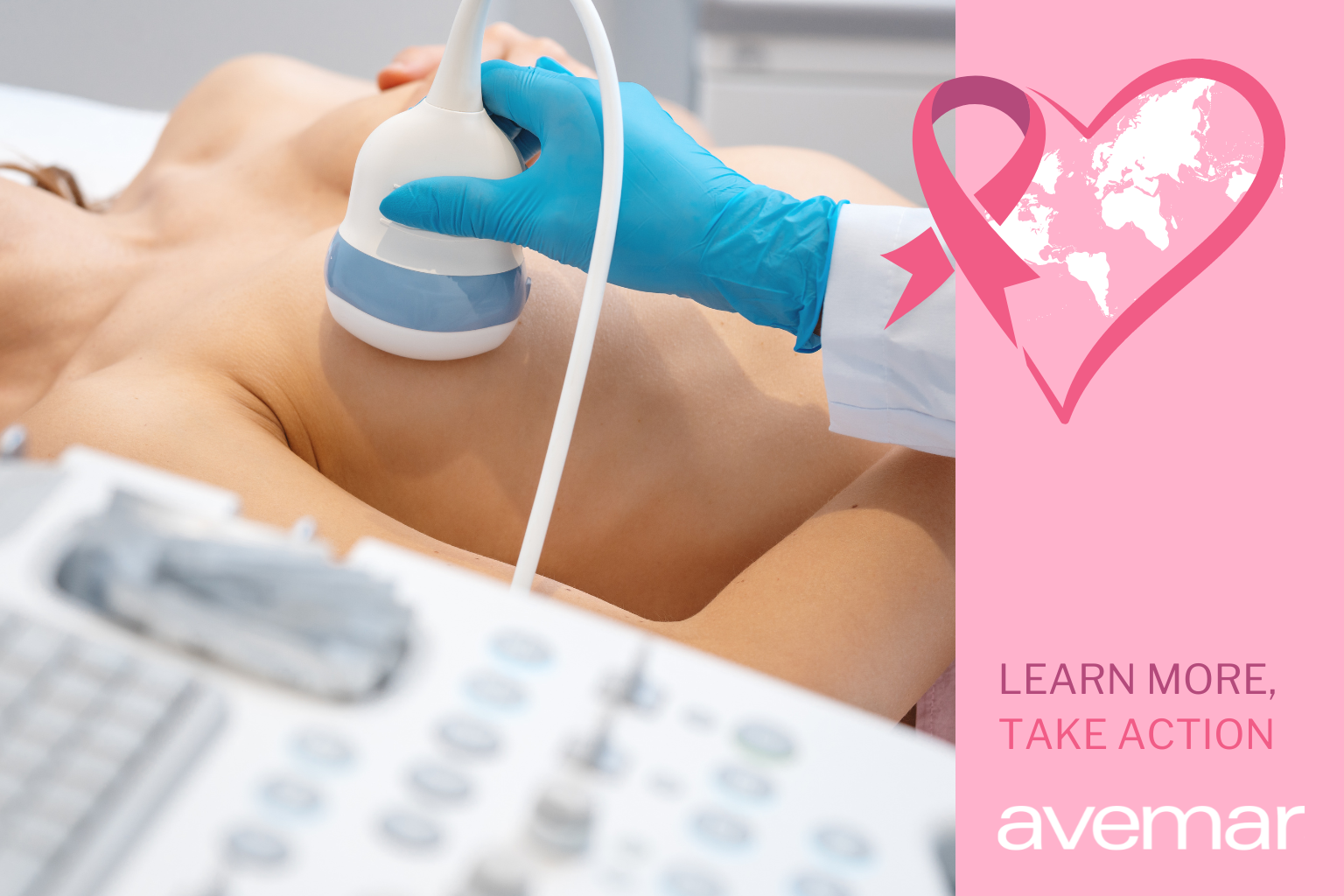
There are many misunderstandings and myths in the public consciousness about breast cancer screening, which can discourage participation in screenings. It is important to clarify these, as screening is one of the most effective tools for the early detection of breast cancer.

Before thinking that simply leading a healthy lifestyle, exercising, and following a balanced diet can completely prevent cancer, we must inform everyone that this is not entirely the case. However, it’s correct to say that a sedentary lifestyle and unhealthy eating habits can contribute to the development of breast cancer. Still, by making a few simple lifestyle changes, we can reduce the risks.
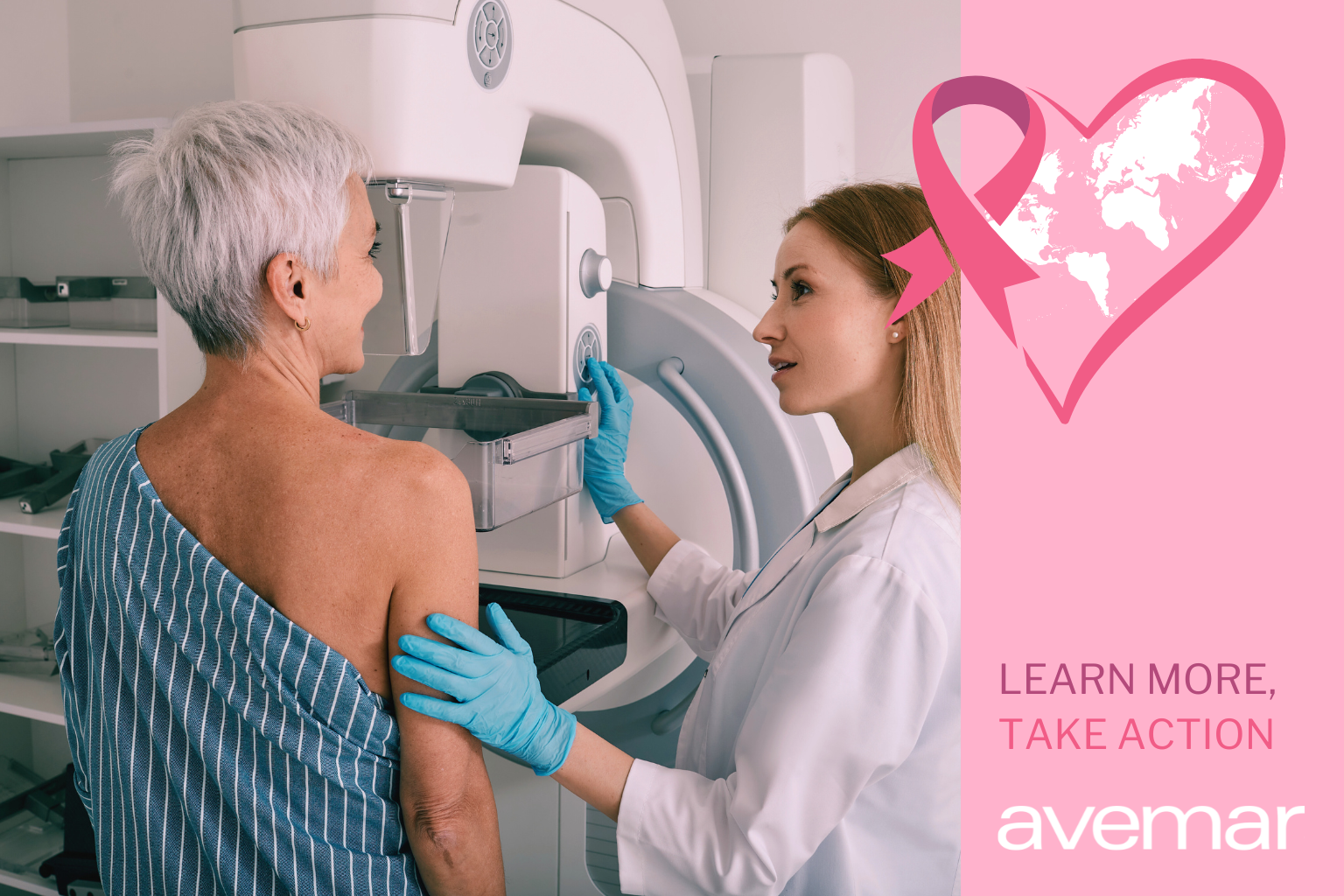
In Hungary only, malignant breast cancer is the second most common cause of death among cancer patients: more than 2,000 women die each year, and nearly 9,000 new cases are diagnosed.






